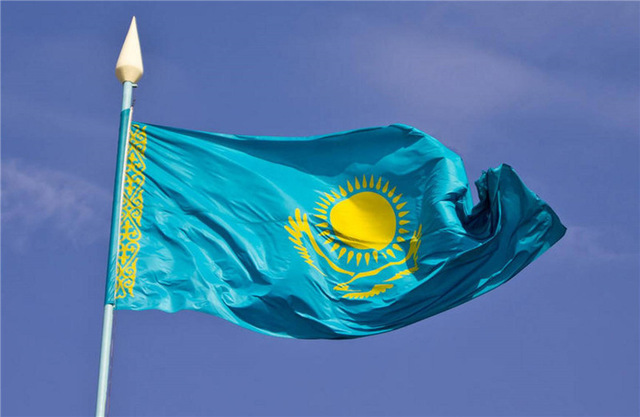This year, 25 kindergartens and 37 other schools will be built in the capital, Kazinform reports. By 2023, there will be 124,000 more students in Astana. Fifteen additional health facilities will also be built. “The comprehensive plan for compact development of the city for 2019 to 2023 was adopted to improve the quality of services in the urban environment… Taking into account the annual growth of cars by 8 to 9 percent, it is planned to build 121 kilometres of roads, two transport interchanges, three bridges, an overpass, a tunnel and the first line of light rail transport by 2023,” said Astana Akim (Mayor) Bakhyt Sultanov.
A pilot project on e-housing cooperatives was launched in Atyrau, according to the regional administration. Residents there can now open a personal account to receive information about home services and city utilities and to communicate with maintenance companies. “The project helps to establish communication between homeowners, housing cooperatives, management companies, service organisations, utilities and tenants. The Atyrau open city unified system was created to modernise and digitise the housing sector,” said head of the Department of Information Technology and Public Services Samat Embergen.
Freight turnover increased by 6.6 percent and reached a value of 222.5 billion tonne-kilometres on the Kazakhstan Temir Zholy network in 2018, reports the company’s press service. “Volume of transportation by rail amounted to 254.8 million tonnes with an increase of 13 million tonnes compared to 2017. More than 170 million tonnes were transported within the country and more than 84.7 million tonnes were exported. Transportation of socially significant goods was fully provided. More than 105 million tonnes of hard coal were shipped, which is 3 percent more than in 2017. More than 72 million tonnes of solid fuel was shipped domestically, which is up to 4 percent more than in 2017. Some 11.5 million tonnes of grains were shipped and 8.8 million tonnes of these were exported. The shipment of iron ore increased by 8 percent, non-ferrous ore by 5 percent and construction materials by 6 percent compared to 2017,” reads the release.
More than one million messages from Astana residents were registered by the iKomek system, reports the city administration. Some 68,000 of these were received via social networks. The response time to incidents reported by residents shortened by 23 percent. The number of calls to the mayor’s office and administrations were decreased by 20 percent. “The system unites all utility service call centres and is a single point of contact with city residents. All appeals are processed and entered into the register with a registration number, and then transferred to state bodies and utilities. Some 60 iKomek operators around the clock monitor the safety of citizens with the help of 6,000 video cameras. About 3,677 offences were revealed. The iKomek mobile app will be launched this year,” said a city press representative.
Kazinform reports that a sorting plant for solid household waste with a capacity of 100 tonnes of waste per day will be launched in Atyrau. The Ministry of Energy imposed a ban on burying plastics, all types of paper waste and glass at landfills from January. Atyrau has 300 containers for collecting plastic waste, and their number will increase to 500 by the end of the year. Up to 300 tonnes of waste are exported daily to the city landfill. Part of the collected plastic is sent to Russia for processing and the rest is used in the production of building materials. “Currently, an investor has provided funds for equipment. The plant will open at the beginning of the second quarter and will create up to 70 workplaces. We will open 10 receiving points for collecting plastic, paper and glass waste in March,” said head of Spetsavtobaza company Almas Izteleuov.
Fourteen projects were implemented as part of the Digital Kazakhstan programme in the Aktobe region. The project helped some 400 schools get access to the internet and 202 schools get wifi access. Schools are also equipped with 18,000 computers and are connected to the Kundelik information system. The E-College Platonus pilot project has also been launched. In the health sector, an electronic health passport was introduced and 97 of 121 paper forms were converted into electronic formats as part of the drive to increase paperless workflow. “A considerable amount of work was done in the region, and a special department was created as part of the implementation of the instructions of the head of state. We allocated 2.7 billion tenge [US$7.1 million] for two years and 1.7 billion tenge [US$4.5 million] will be provided this year. Despite this, we need to strengthen work in this direction,” said Aktobe Region Akim (Governor) Berdybek Saparbayev.

